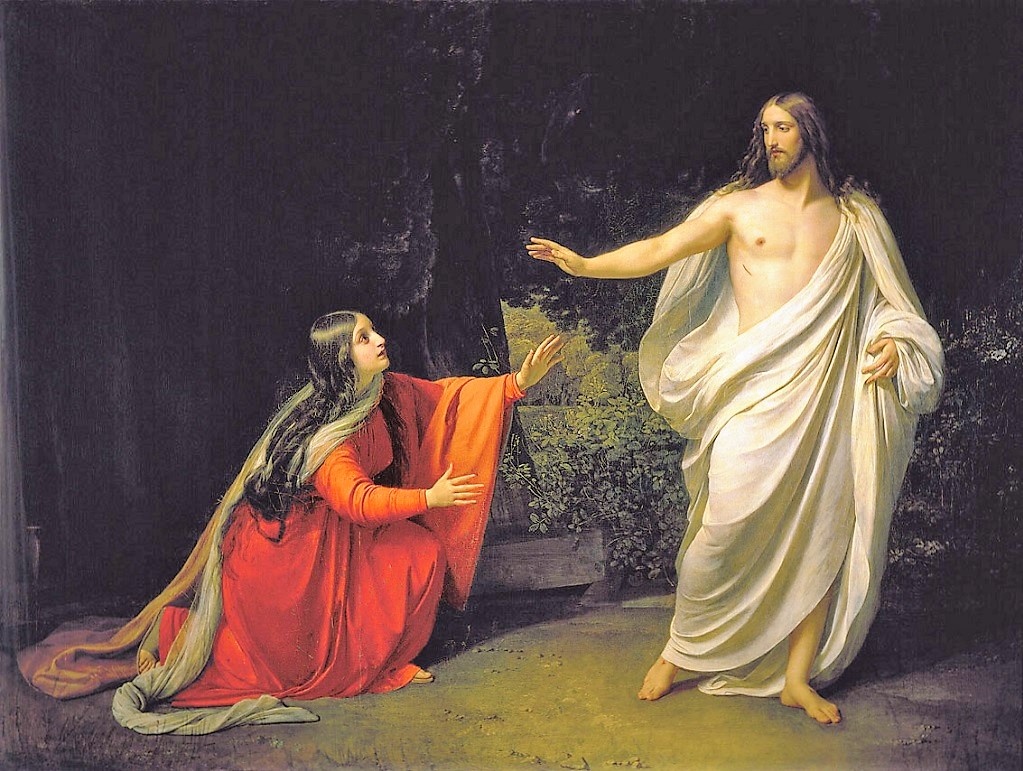
Origin of “Resurrection”
The concept of resurrection in religions was established before Hammurabi published his Code. His father was Sin-Muballit the fifth Amorite king of the first dynasty. Balāṭu in Akkadian is “life”. An extension of the word is balluṭu: revived, reanimated, resurrected / restored to life.
Sin the Akkadian is the Sumerian Nanna, god of the moon in the Mesopotamian mythology. The two seats of worship of the moon god were Ur in southern of Mesopotamia and Harran. Sin is described in the commonstream literature as “Semitic moon god Su’en/Sin”. This is like saying Luna was a Latin moon goddess.
Sin means ‘tooth’. People didn’t smoke in prehistoric times so their teeth were supposed to be white. Age was assessed according to the growth number of teeth. ‘Sana’ in Arabic is “year” from the same root *SN. The root is directly linked to the act of giving birth to human babies *NS. From this root is ‘nasl’ “offspring”, ‘nisa’ “women”, ‘insan’ “human being” as opposed to animals.
Muballit appears to be the subject or agent “the resurrector” Sin.
Doomsday
Doomsday or the Day of Judgement in the Quran is the day of resurrection (yum al baath – IPA bʻ ṯ, Roum 56 twice mentioned), that is when all human beings, some 100 billion according to some, are supposed to be resurrected to be judged. Another name of Doomsday is yum al deen. Deen is Sumerian “din_gir”.
- U-dimmer-an-kia En-dinger-an-kia Marduk Merodach as “lord god of heaven and earth.”
http://www.sacred-texts.com/ane/rbaa.htm
The concept in Akkadian is mathematical: good deeds – bad deeds =? The word is nikkassu [NÍG.KA:] [Trade] account, property, possessions, wealth, funds, assets, statement of account [nikkassu šasā ‘ um]: to claim settlement of accounts: [nikkassu epē/āšu]: to balance accounts, to break even: [nikkassu ṣabātu]: to balance accounts, to break even [ina nikkassu šakānu]: to submit to accounting, to make something available for accounting [ina nikkassu]: at the time of accounting [rab nikkassu]: chief accountant, comptroller, administrator of property [bīt nikkassu]: counting house (Elam): result of calculation 2): [GIŠ.NÍG.KA9]: an emblem of Shamash [ūm epēš nikkassi]: the day of Judgement, Doomsday.
Nikkassu appears to be from the Yemeni root *GṢ with a category involving cement-like outside layers on mud or stone walls and white wash. *GṢ is the act of crushing white stones to produce the white wash material but used by northern Arabian with a ‘q’ substitution to mean “cut”. Cutting hands is a punishment hence ‘qaṣaṣ’. ‘nGaṢ’ is “subtract’. However if there’s consensus by speakers to mean the above it should mean just that.
Balancing accounts is a mathematical process of addition and subtraction. The day of accounts could be the end of the financial year when loss or profit is certified. The Day of Accounts in Islam is Doomsday or the day of Judgment – youm al Hissab (Ṣad 26, 53; Gafer 27).Al
Credit image: diocesan.com